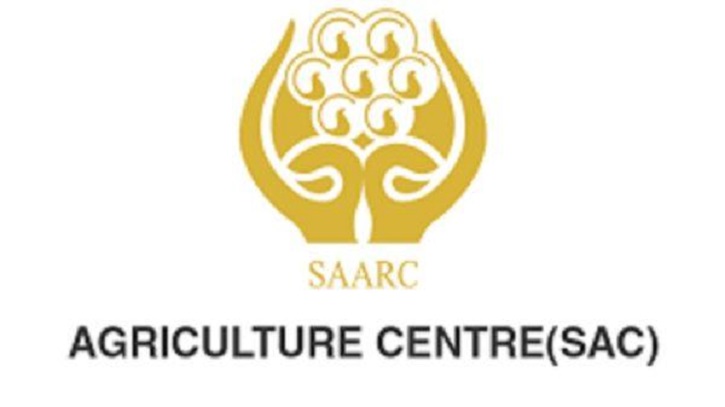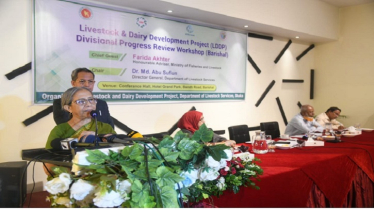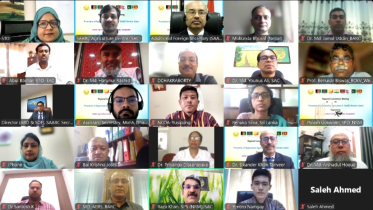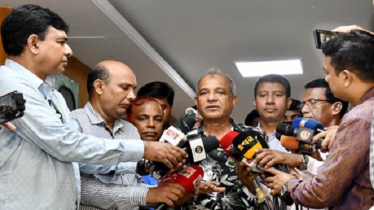
A three-day virtual regional consultation convened by the SAARC Agriculture Centre has emphasized the importance of advancing regenerative agriculture across South Asia as a sustainable and environmentally responsible approach to address the region’s pressing agricultural challenges. Held from August 4 to 6, 2025, the consultation titled “Promotion of Regenerative Agriculture in SAARC Member States” brought together officials, researchers, and experts from six SAARC countries.
The consultation featured active participation from government representatives, agricultural scientists from research institutions, university academics, and delegates from international organizations. Discussions centered on the increasing impacts of climate change, declining soil health, water scarcity, and excessive dependency on chemical inputs in South Asian agriculture. Participants highlighted the urgent need to transition to sustainable systems that are resilient, environmentally sound, and farmer-friendly.
The inaugural session was attended by Abdul Motaleb Sarkar, Additional Foreign Secretary (SAARC and BIMSTEC) of the Ministry of Foreign Affairs, who served as the chief guest. He underscored the necessity of collaborative efforts among South Asian nations to address environmental challenges in agriculture. He also emphasized the critical role of regenerative practices in restoring soil health and biodiversity, calling for greater alignment between policymakers, researchers, and technology providers.
Director of the SAARC Agriculture Centre, Dr. Md Harunur Rashid, chaired the opening session and delivered the keynote address. He described regenerative agriculture as not merely an alternative technique but a transformative concept that revitalizes soil vitality and guides agriculture toward harmony with nature. He noted that the adoption of such practices can lead to more resilient, sustainable, and inclusive agri-food systems.
Tanvir Ahmed Torofdar, Director (ARD and SDF) of the SAARC Secretariat in Nepal, addressed the session as a special guest. He highlighted the economic benefits of regenerative farming, stating that it contributes both to environmental improvement and to enhancing farmers’ incomes. He stressed the importance of building an integrated structure involving public, research, and private sectors to scale up the adoption of these practices.
Over the course of six technical sessions, more than 20 agricultural and environmental experts presented their research findings, technological innovations, and country-level experiences. Country reports detailed critical issues such as soil erosion, irrigation water shortages, the adverse effects of chemical fertilizers, and the financial vulnerabilities of farmers.
Participants agreed that addressing these challenges requires strengthening farmer-level knowledge and skills, expanding on-field training programs, and ensuring broader government support to promote regenerative agriculture across the region.





